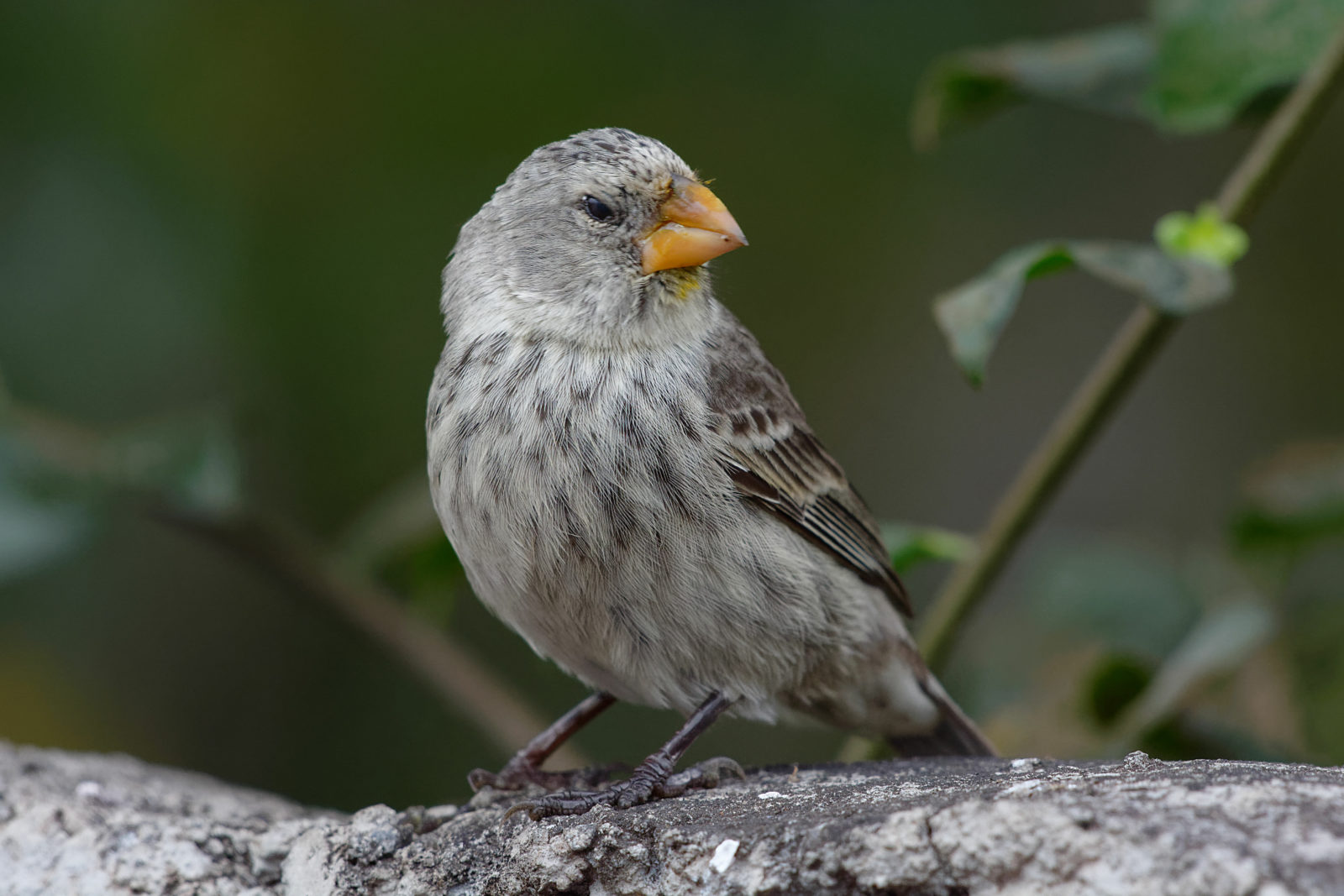

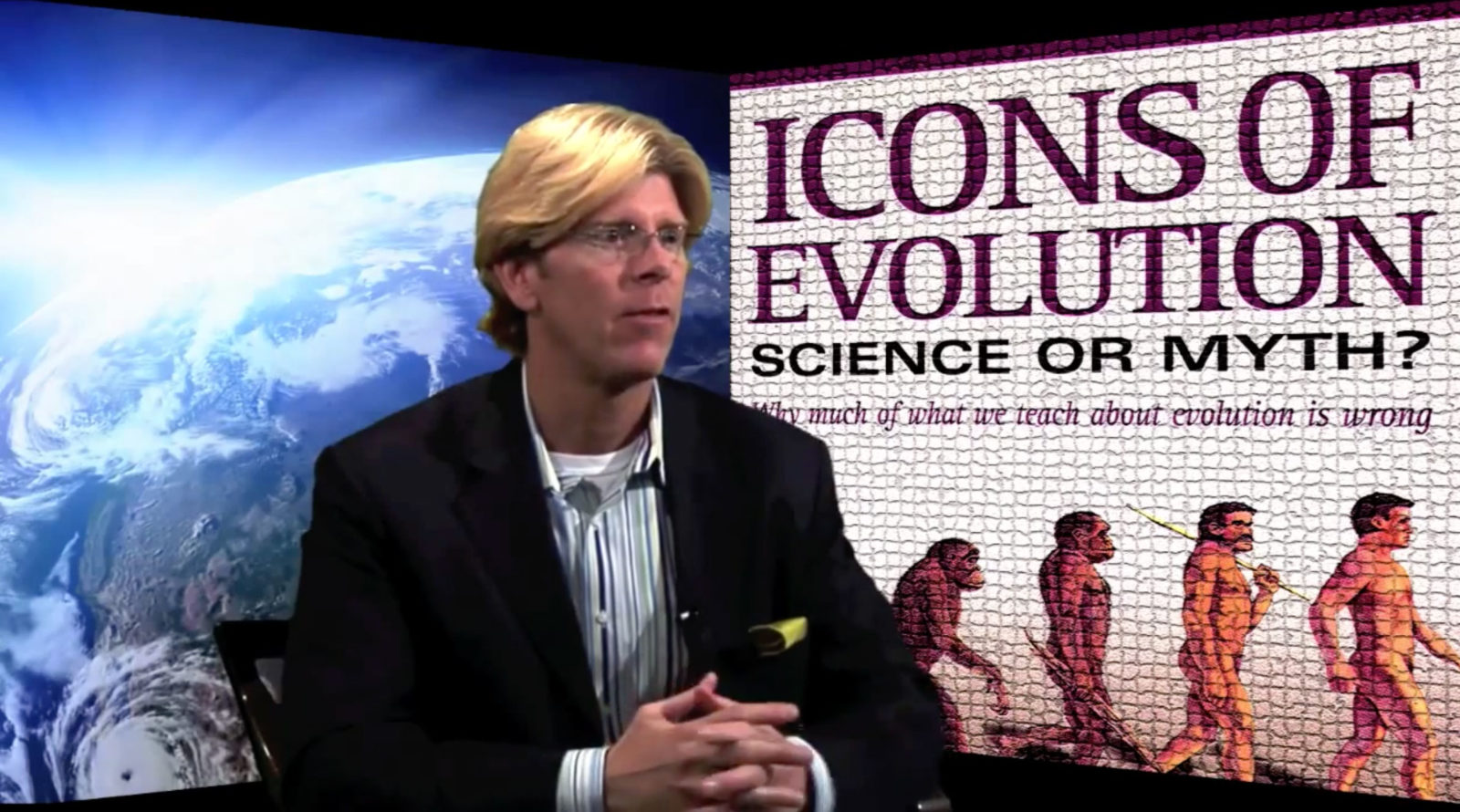
Icons of Evolution 10th Anniversary: Jay Richards
In Icons of Evolution, biologist Jonathan Wells compared icons of evolution — such as homology in vertebrate limbs — with published scientific evidence, and revealed that much of what we teach about evolution is wrong. Published in 2000, the book raised troubling questions about the status of Darwinian evolution that are still plaguing scientists today.
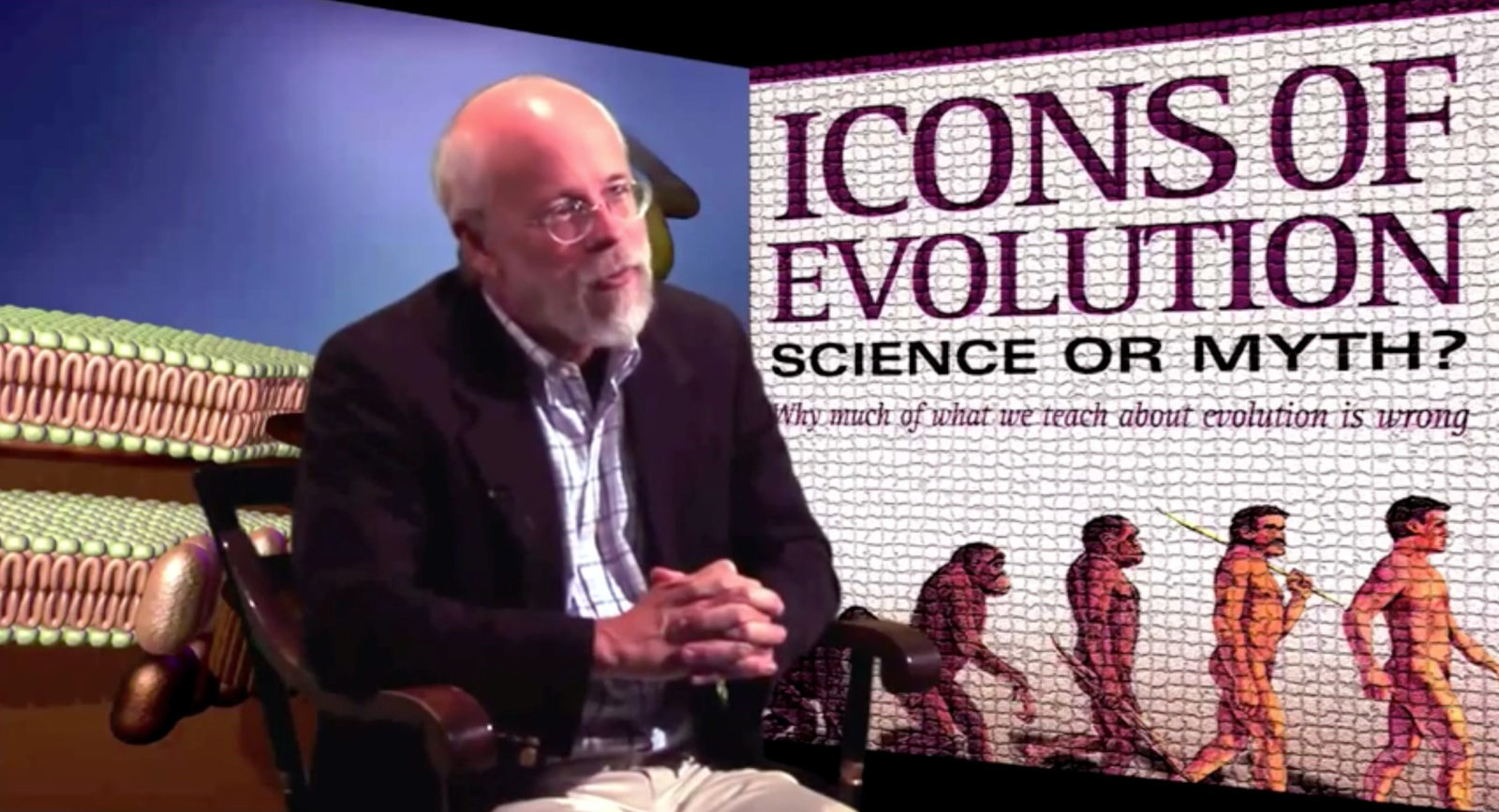
Icons of Evolution 10th Anniversary: Michael Behe
In Icons of Evolution, biologist Jonathan Wells compared icons of evolution — such as homology in vertebrate limbs — with published scientific evidence, and revealed that much of what we teach about evolution is wrong. Published in 2000, the book raised troubling questions about the status of Darwinian evolution that are still plaguing scientists today.

Icons of Evolution 10th Anniversary: Paul Nelson
In Icons of Evolution, biologist Jonathan Wells compared icons of evolution — such as homology in vertebrate limbs — with published scientific evidence, and revealed that much of what we teach about evolution is wrong. Published in 2000, the book raised troubling questions about the status of Darwinian evolution that are still plaguing scientists today.
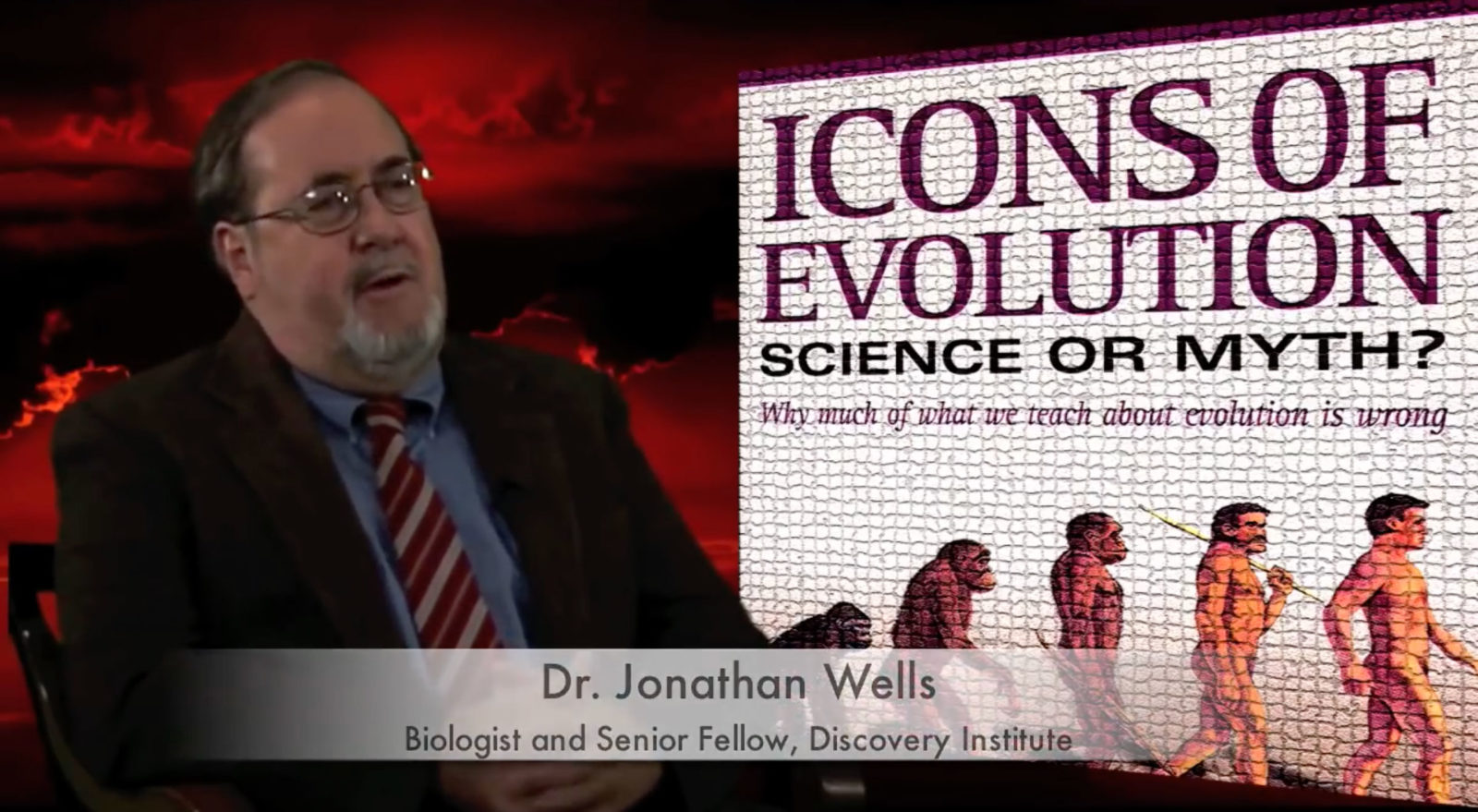
Icons of Evolution 10th Anniversary: The Miller Urey Experiment
In Icons of Evolution, biologist Jonathan Wells compared icons of evolution — such as homology in vertebrate limbs — with published scientific evidence, and revealed that much of what we teach about evolution is wrong. Published in 2000, the book raised troubling questions about the status of Darwinian evolution that are still plaguing scientists today.
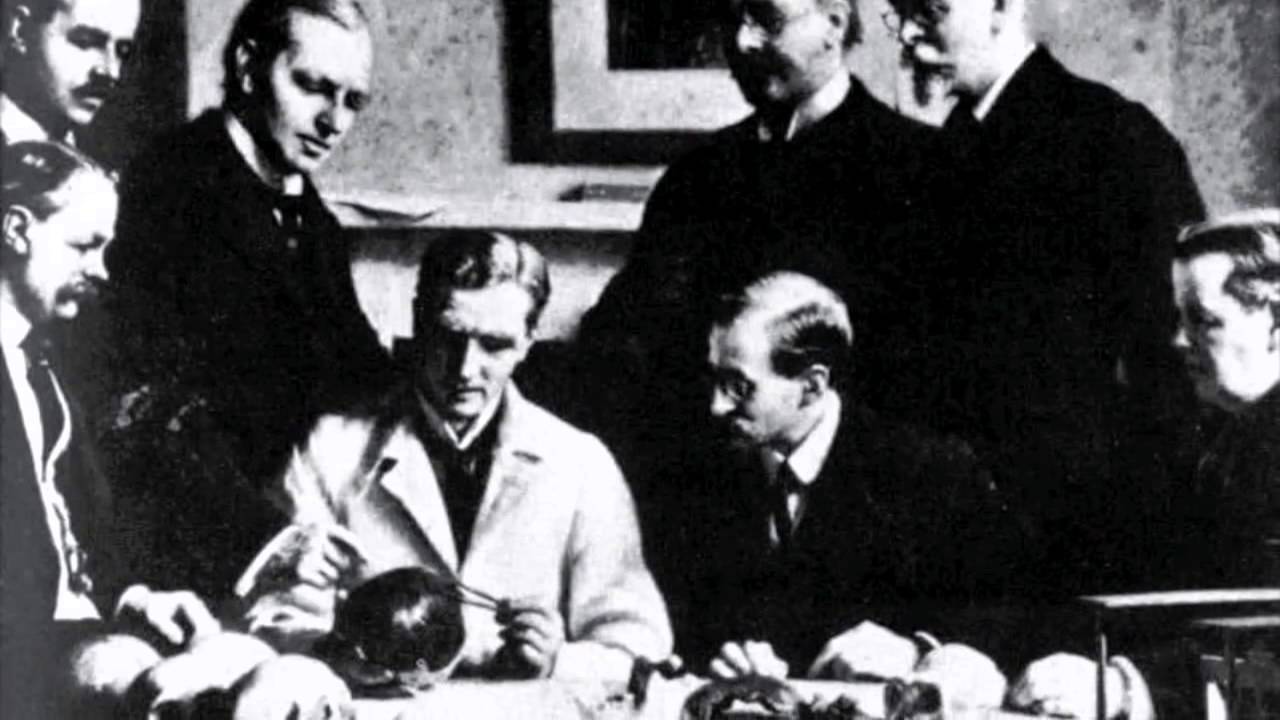
Icons of Evolution 10th Anniversary: Ape to Man: The Ultimate Icon
In “Icons of Evolution” (http://www.iconsofevolution.com), biologist Jonathan Wells compared icons of evolution — such as homology in vertebrate limbs– with published scientific evidence, and revealed that much of what we teach about evolution is wrong. Published in 2000, the book raised troubling questions about the status of Darwinian evolution that are still plaguing scientists today.

(Not) Making the Grade: An Evaluation of 22 Recent Biology Textbooks and Their Use of Selected Icons of Evolution
Summary In his 2000 book Icons of Evolution, Jonathan Wells reviewed ten then-current biology textbooks for their treatment of what Dr. Wells calls the “icons” of evolution, well-known lines of evidence commonly used to support evolution. (Wells’s 2000 textbook review can be found online, here.) Now, in 2011, we present an updated 2011 textbook review that applies Wells’s evaluation criteria Read More ›
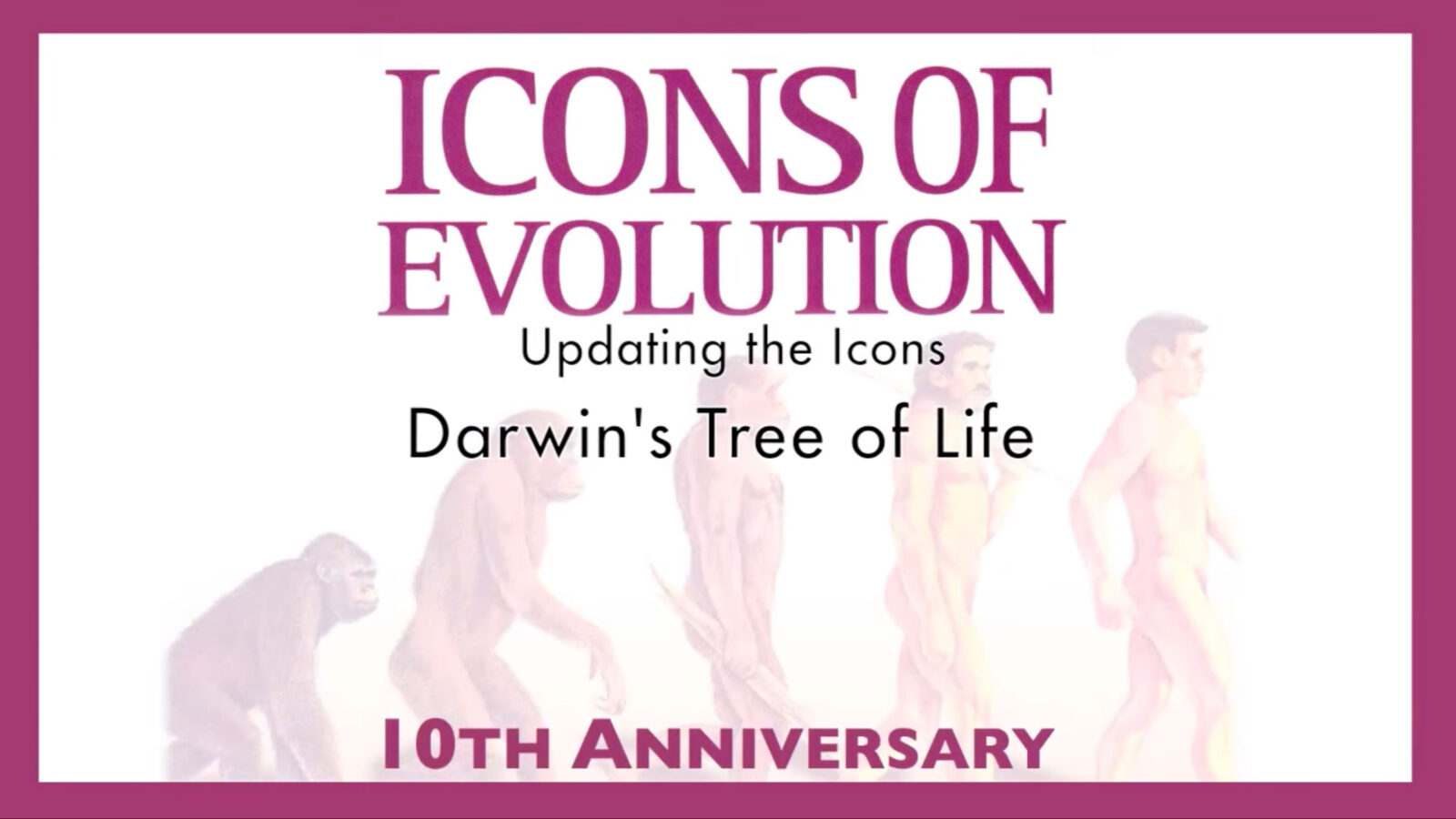
Icons Anniversary – Tree of Life
In Icons of Evolution, biologist Jonathan Wells compared icons of evolution –such as homology in vertebrate limbs– with published scientific evidence, and revealed that much of what we teach about evolution is wrong. Published in 2000, the book raised troubling questions about the status of Darwinian evolution that are still plaguing scientists today.
Icons Anniversary Promo
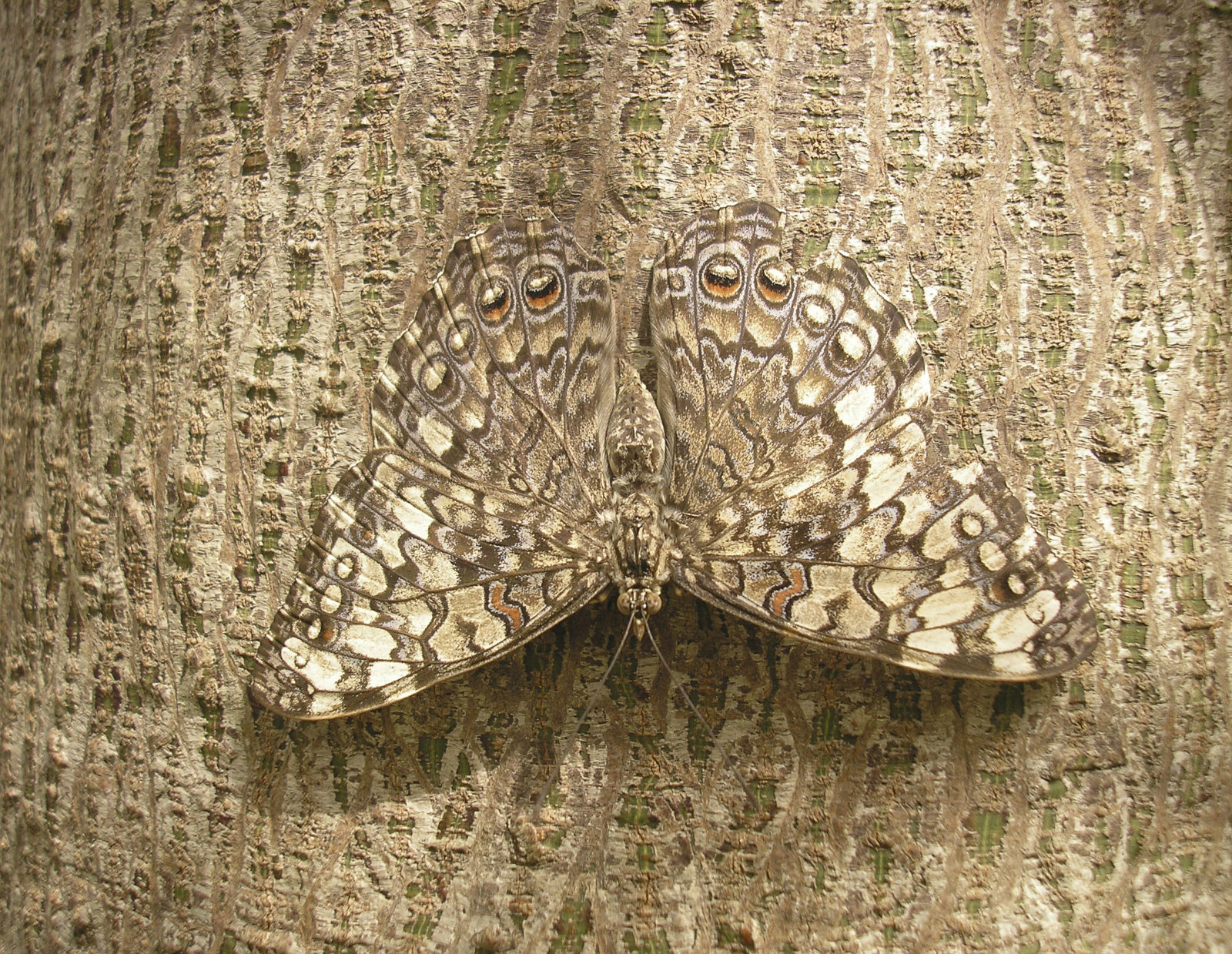
Exhuming the Peppered Mummy
A friend of mine tells me that the only things he remembers about evolution from his high school biology course are photos of black and white peppered moths resting on light and dark tree trunks. They were presented as the classic case of Darwinian evolution in action, explaining how a trait that enhances survival could be acquired through an unguided Read More ›